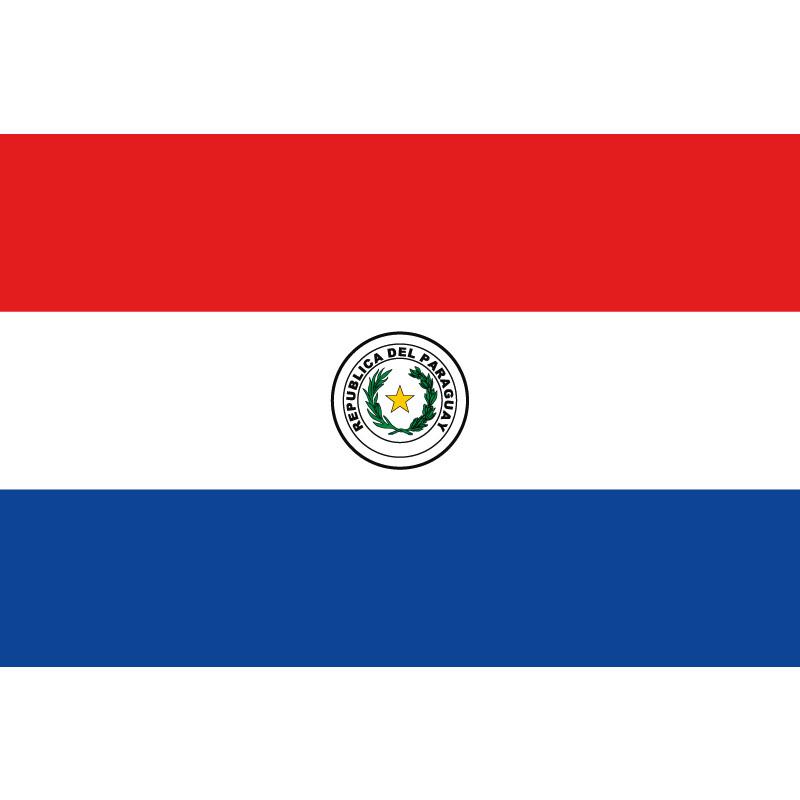In a significant development that has raised alarms among human rights advocates, the Paraguayan Senate has passed a controversial bill that could undermine the protection of human rights within the nation. Amnesty International has sharply criticized the legislation,asserting that it threatens the very foundations of individual freedoms and civil liberties in paraguay. The bill, which supporters argue is aimed at enhancing national security, has drawn widespread condemnation for its potential to restrict freedoms of expression, assembly, and dissent. As tensions mount and protests erupt, this legislative move is positioning Paraguay at a contentious crossroads between governance and human rights, prompting urgent calls for international attention and intervention.
Paraguay’s Senate Approves Controversial Bill Threatening Human Rights Protections
The recent approval by Paraguay’s Senate of a bill that could undermine protections for human rights advocates has sparked widespread concern among civil society organizations and international watchdogs. Amendments included in the legislation have been perceived as a direct affront to the freedoms of expression and assembly,raising fears that it may pave the way for increased repression against dissenters.Activists emphasize that the bill threatens to silence critical voices and weaken the legal frameworks previously established to safeguard human rights within the nation.
Key provisions of the bill include:
- Stricter penalties for protests: Increased fines and possible jail time for individuals participating in unauthorized demonstrations.
- Censorship measures: Expanded authority for officials to impose restrictions on media coverage of human rights issues.
- Surveillance regulations: Authorization for enhanced monitoring of social media activities of activists and citizens.
Human rights advocates have called for urgent dialog with lawmakers to reconsider the implications of this legislation,highlighting the need for protections that nurture,rather than inhibit,the right to dissent. As the situation unfolds, ongoing scrutiny from the public and international entities will be essential in holding the government accountable for any actions that may violate basic human freedoms.
Amnesty International Raises Alarm Over Potential Impact on Civil Liberties
In a troubling development for the human rights landscape in Paraguay, Amnesty International has expressed grave concerns following the recent passage of a controversial bill by the Senate. Activists warn that this legislation could severely undermine civil liberties and open the floodgates to potential abuses by state authorities. Key provisions of the bill include measures that may restrict freedom of assembly and expression, essentially granting the government broader powers to stifle dissent and limit civic engagement.
Experts fear that the implications of the bill could lead to an erosion of democratic standards. Amnesty has outlined several specific areas of concern, which could lead to an increased vulnerability of marginalized groups, including:
- Suppression of free speech: Heightened censorship could prevail, making it perilous for citizens to voice dissenting opinions.
- Limitations on peaceful protests: The bill paves the way for excessive force against demonstrators, undermining their right to peaceful assembly.
- Increased state surveillance: New provisions could enhance monitoring of civil society activities, creating an atmosphere of fear and self-censorship.
Urgent Calls for Advocacy: Recommendations for Safeguarding Human Rights in Paraguay
The recent passage of a bill by the paraguayan Senate has ignited widespread concern regarding the erosion of fundamental human rights protections within the country. This legislation ostensibly seeks to streamline governmental operations but, in reality, poses significant threats to the very fabric of civil liberties. As various human rights organizations, notably amnesty International, have pointed out, the implications of this bill could nullify key protections for activists and marginalized communities.Considering this unsettling development, urgent calls for advocacy have emerged, emphasizing the necessity for immediate and effective intervention to safeguard human rights in Paraguay.
In response to the troubling trajectory initiated by the Senate’s decision, we recommend the following actions to foster a robust human rights framework:
- Strengthening civil society: Support grassroots organizations and NGOs dedicated to defending human rights.
- International pressure: Engage global allies and institutions to condemn the bill and advocate for its repeal.
- Public awareness campaigns: Launch initiatives to educate citizens about their rights and mobilize community action against governmental overreach.
- Legislative scrutiny: Urge lawmakers to reconsider and amend any laws that undermine human rights.
Creating a unified front is imperative in these trying times.To better outline the potential impacts and necessary responses, the following table summarizes the critical areas of concern and recommended actions:
| area of Concern | Recommended Action |
|---|---|
| Activist Rights | Implement protective measures and legal support. |
| Judicial Independence | Advocate for reforms to maintain impartiality and autonomy. |
| Freedom of Expression | Promote laws that safeguard media and individual expression. |
In conclusion
the recent passage of a controversial bill by the Paraguayan Senate has raised alarm among human rights organizations, including amnesty International, which warns that its implications could undermine the defence of fundamental rights within the nation. As Paraguay grapples with the balance between national security and individual freedoms, activists and legal experts are urging lawmakers to reconsider the potential long-term consequences of this legislation. As the situation develops, it remains crucial for the international community to monitor these changes and advocate for the protection of human rights in Paraguay, ensuring that the voices of those affected are heard and respected. The coming days will be pivotal as stakeholders react and mobilize in defense of the rights that are at stake.
